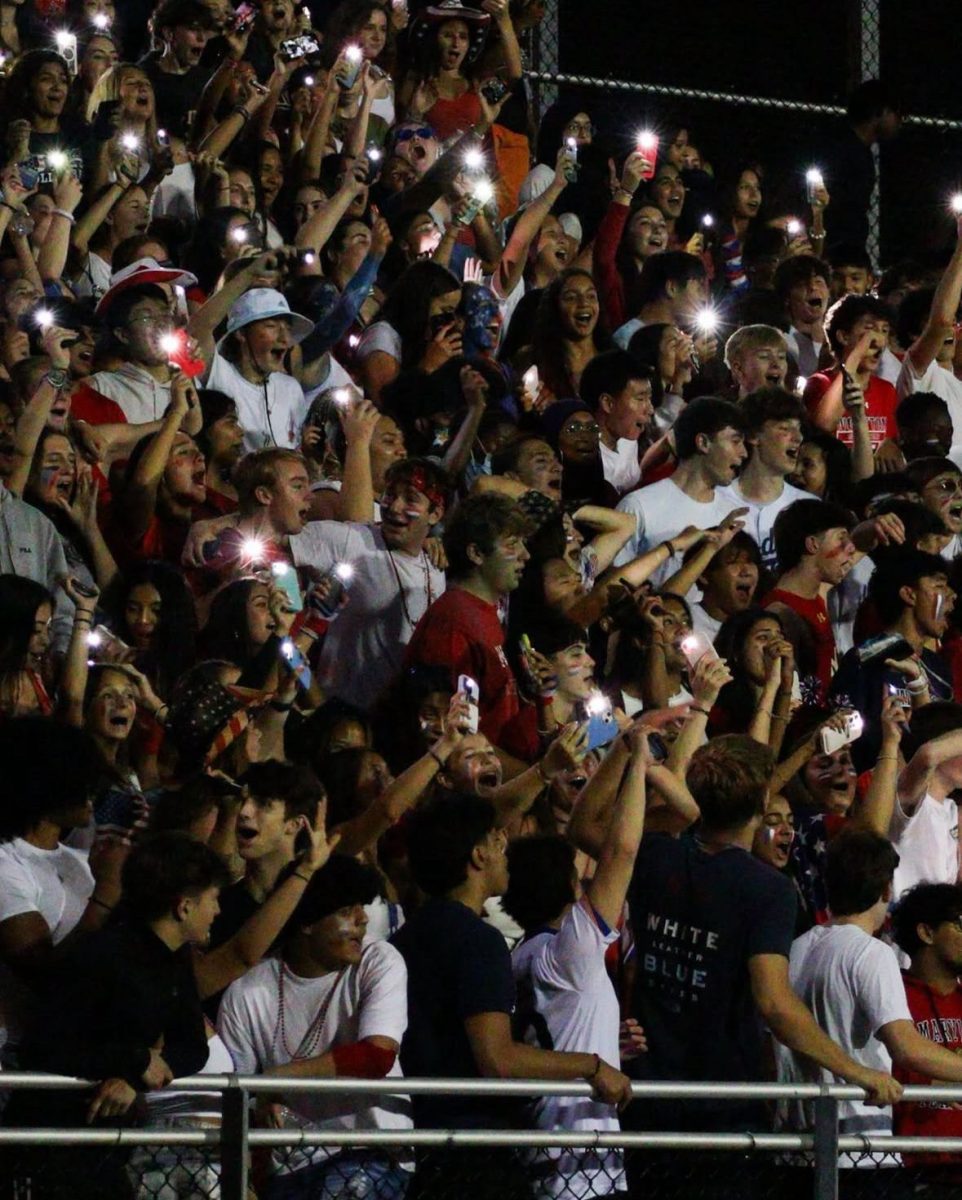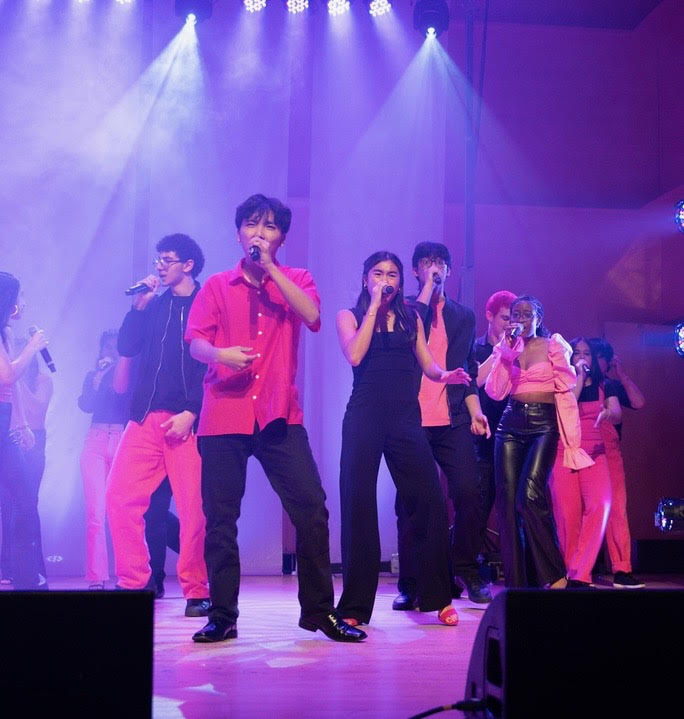“Why were you carrying her down the hall on your back?” the security guard asked, pointing to my nonbinary friend, junior Line Bower.
“They,” I corrected softly. They/them are Bower’s gender neutral pronouns of choice like other people who do not identify as either male or female.
The security guard’s eyebrows knotted. “They? She’s just one girl. You’re going to break your back.”
Kaylee, sitting next to me, continued to apologize to the security guard for giving Bower a piggyback ride, using feminine pronouns in reference to Bower. After the casual, albeit stern chastisement ceased and the guard left, Kaylee leaned over to Bower. “I’m sorry, I just wanted to make her leave us alone faster.”
Bower nodded empathetically. It wasn’t the first time they bent a knee in regards to their identity at school in order to preserve themselves.
Although Bower encounters this sort of treatment frequently, this particular instance occurred on Mar. 7 at lunch, the same day that “all girls” in 11th and 12th grade were asked to attend a “mandatory” assembly eighth period about breast cancer awareness. There were a few issues with this meeting (even ignoring the fact that anyone can get breast cancer), the first being that women aren’t the only people who have larger amounts of breast tissue or what many assume are feminine breasts.
But you wouldn’t know this when attending the assembly.
“Welcome, ladies,” were the first words we heard, shuffling inside with our new pink tulle bags with pink pens and brochures printed on pink paper. At first assumed a solely women’s disease, pink was designated the breast cancer awareness color in the early 1990s because of its association with femininity in Western culture. Presumed femininity was a theme for the 45 minute session with the Suburban Hospital and Hadassah of Greater Washington. Security guard Barbara Kyros, who delivered a touching account of her own experience with the disease, frequently addressed the crowd as “girls” and “ladies,” as did the charming speaker from Suburban Hospital.
“MCPS using exclusionary language? What a surprise,” said another nonbinary student who wishes to remain anonymous. They, like Bower, were not at all pleased by the framing of this meeting.
Breast cancer is a serious disease that one out of every eight cisgendered women will experience. Too often has it been sexualized to promote a male audience’s investment (because men naturally have no reason to care about a women’s issue, heaven forbid). Too often has it been made kitschy (we weren’t receiving medical information, we were receiving little “goodie bags” and “presents”) to promote donations among women, blending the lines between celebrating one’s femininity and promoting early detection of a cancer.
Learning about breast cancer is not cute. It is not sensual. It is not “too sexual” for boys to learn about. And it is not just a women’s issue. It’s an everybody issue—trans, nonbinary, male, and female. This school has an obligation to promote all teenagers’ health. But how can we do that in a school and county that can’t even embrace preferred pronouns?
As we are taught in English class, our rhetoric, our language has real implications. The sooner we embrace nonbinary people and their pronouns inside and outside the classroom, the sooner we can become an inclusive place for all students. The medical world is more than obligated to follow suit. They should know better than anyone that on the inside we’re all the same.
Daria Kerschenbaum
Staff Writer



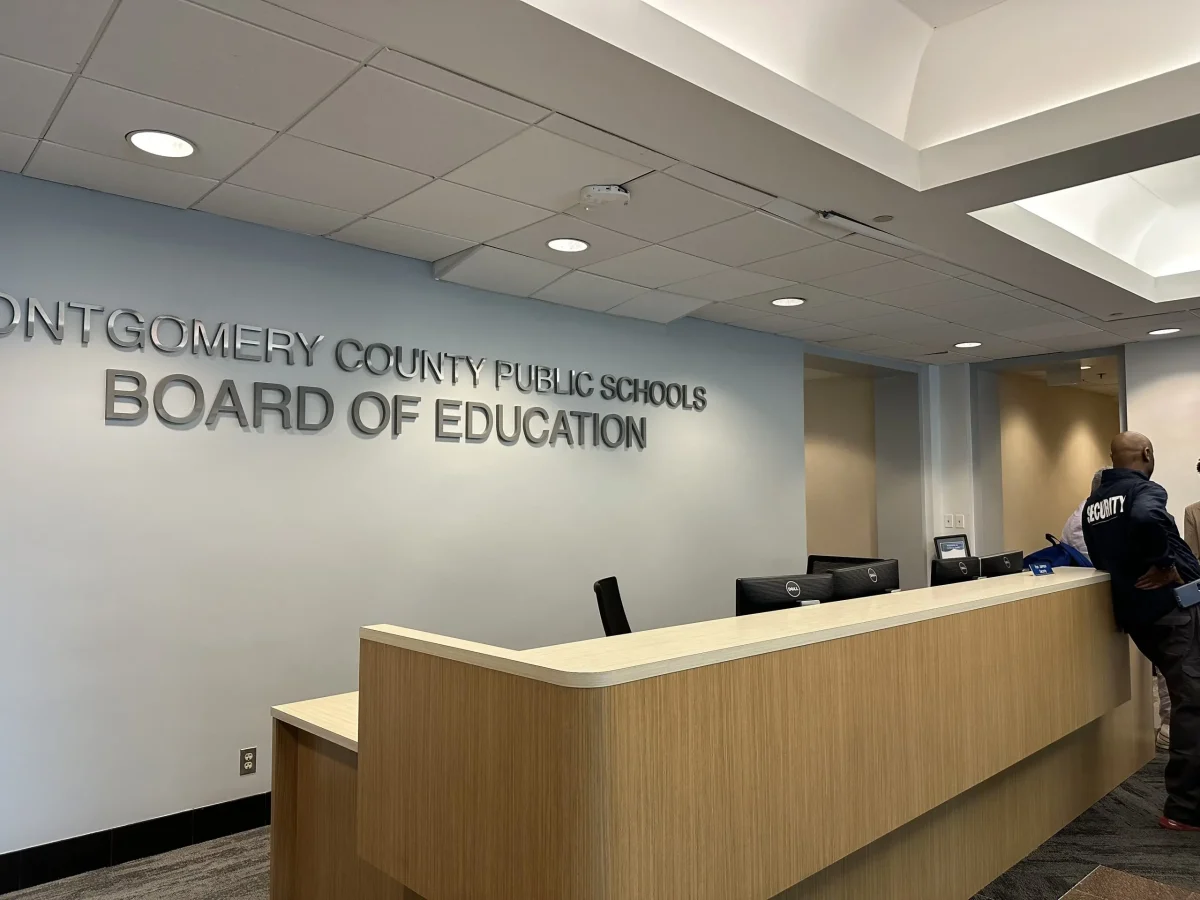
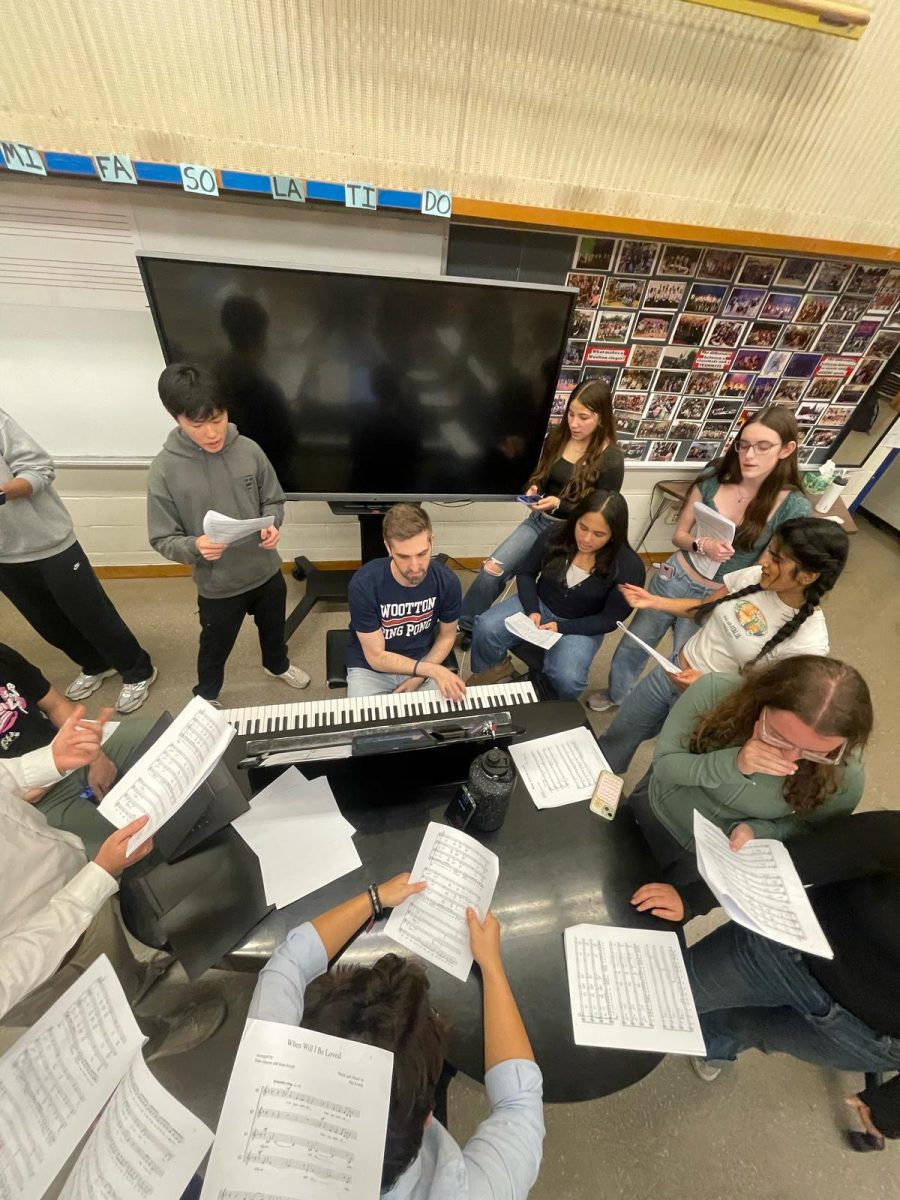
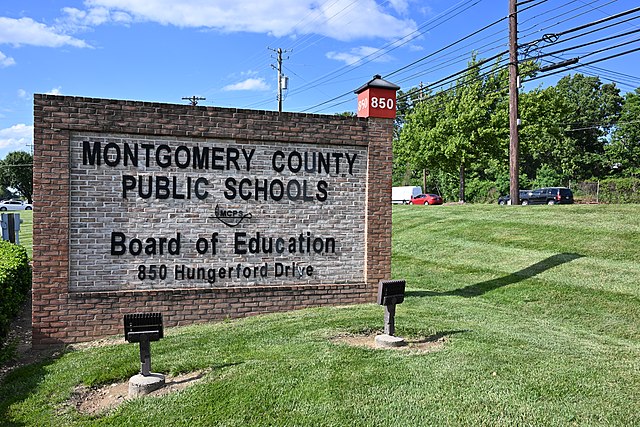
![The 2025-2026 Editorial Board Alex Grainger, Cameron Cowen, Helen Manolis, Emory Scofield, Ahmed Ibrahim, Rebekah Buchman, Marley Hoffman, Hayley Gottesman, Pragna Pothakamuri and Natalie Pak (Chase Dolan not pictured) respond to the new MCPS grading policy. “When something that used to be easy suddenly becomes harder, it can turn [students’] mindset negative, whereas making something easier usually has a better impact. I think that’s where a lot of the pushback comes from. But if you put emotions aside, I do think this change could help build stronger work ethic,” Ibrahim said.](https://woottoncommonsense.com/wp-content/uploads/2025/09/fqr5bskTXpn0LRQMmKErLuNKdQYBlL726cFXBaWF-1200x900.jpg)
